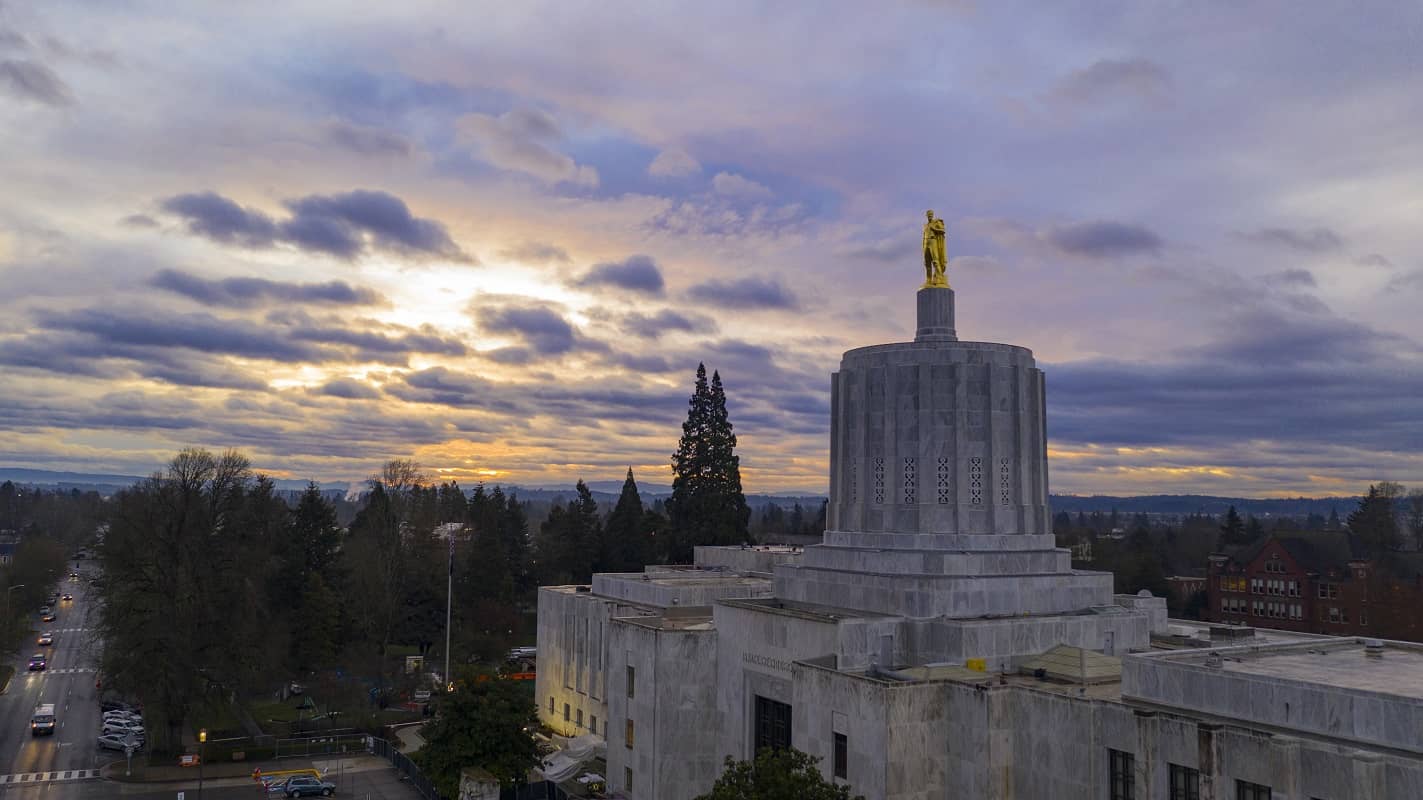I’ve taken two tours of Independence Hall in Philadelphia. Though it was full of vivid history about the signers of Thomas Jefferson’s Declaration, I don’t recall seeing much about a relatively unsung hero of the American Revolution, Jefferson’s friend Thomas Paine, who stirred the new nation to action.
In the months before our country declared independence from his native England on July 4, 1776, Paine anonymously published what became an instant bestseller, his pamphlet Common Sense. Later that year, after the war for independence had started, Paine began publishing a series of pamphlets known as The American Crisis, which began with these now-famous words:
“These are the times that try men’s souls. The summer soldier and the sunshine patriot will, in this crisis, shrink from the service of their country, but he that stands now, deserves the love and thanks of man and woman.”
In Common Sense, Paine wrote,
“Society in every state is a blessing, but government, even in its best state, is but a necessary evil; in its worst state, an intolerable one.”
He argued for free trade and individual liberty with phrases that captured the imagination of his adopted countrymen.
Paine and Jefferson realized that government and society are not synonymous. They argued that government’s purpose is to protect the inalienable rights of the individuals that make up society—so-called negative rights that don’t put a burden on other individuals beyond their obligation not to violate them. They understood that any positive rights granted by government must be paid for by diminishing someone else’s right to life, liberty, or property. What would they think of today’s politicians in Washington, D.C. and Salem, Oregon who propose law after law ordaining right after right?
In the introduction to Common Sense, Paine wrote,
“[A] long habit of not thinking a thing wrong, gives it a superficial appearance of being right, and raises at first a formidable outcry in defence of custom. But the tumult soon subsides. Time makes more converts than reason.”
Paine and Jefferson didn’t wait for time to convert people. We at Cascade aren’t waiting either; we’re providing the intellectual ammunition today’s freedom fighters need to win new peaceful battles for liberty.
Many Americans believe modern society requires more government control; we believe just the opposite. Free individuals are perfectly able to run their own lives today, just as they were in 1776. Paine and Jefferson would be dismayed at the size of modern governments, and so are we.
Read Common Sense and The American Crisis this Independence Day, and remember what the holiday is really all about.
Steve Buckstein is Founder and Senior Policy Analyst at Cascade Policy Institute, Oregon’s free market public policy research organization.











